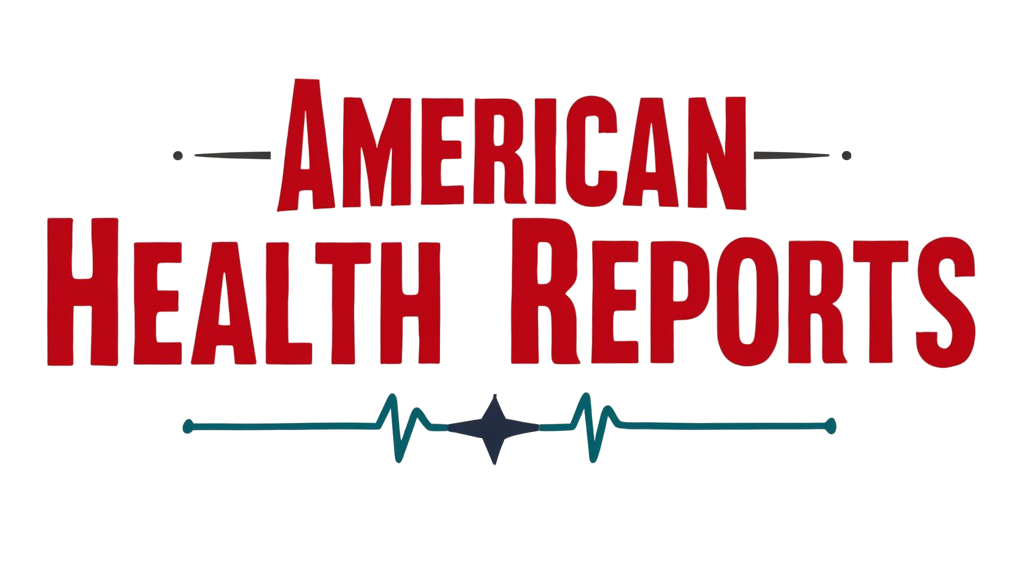Is Your Health Being Sabotaged by Hidden Nutrient Deficiencies?
Share
White hair prematurely appearing could signal a copper deficiency, as this mineral supports pigment production in hair follicles. Dry, flaky skin often points to a lack of omega-3 fatty acids crucial for maintaining the skin’s lipid barrier. Scaly patches or eczema-like rashes may indicate deficiencies in zinc or vitamin A.
Delayed wound healing frequently stems from insufficient vitamin C, which is essential for collagen synthesis and immune function. Bone pain and tenderness might reveal vitamin D deficiency, as this nutrient governs calcium absorption and bone mineralization. Muscle weakness accompanying bone discomfort could suggest low magnesium levels impacting musculoskeletal health.
Irregular heartbeats and palpitations often correlate with potassium or magnesium deficiencies, both vital for maintaining proper electrical activity in cardiac tissue. Excess sweating unrelated to activity or temperature may indicate a vitamin B1 (thiamine) deficiency, which affects autonomic nervous system regulation.
Key nutrient connections include:
– Linked to iron deficiency or low B vitamins (particularly B2, B6, B9, B12)
– Associated with biotin or zinc insufficiency
– Tied to vitamin A deficiency affecting retinal function
– Signals riboflavin (B2) or iron deficits
– Often related to magnesium or calcium imbalances
While addressing these deficiencies through diet is preferred – such as consuming organ meats for copper, fatty fish for omega-3s, and leafy greens for magnesium – professional guidance is critical. Blood tests can confirm suspected deficiencies, and supplementation should only occur under medical supervision to avoid nutrient imbalances. Chronic symptoms warrant comprehensive evaluation, as multiple deficiencies often coexist and may indicate underlying absorption issues.










GIPHY App Key not set. Please check settings